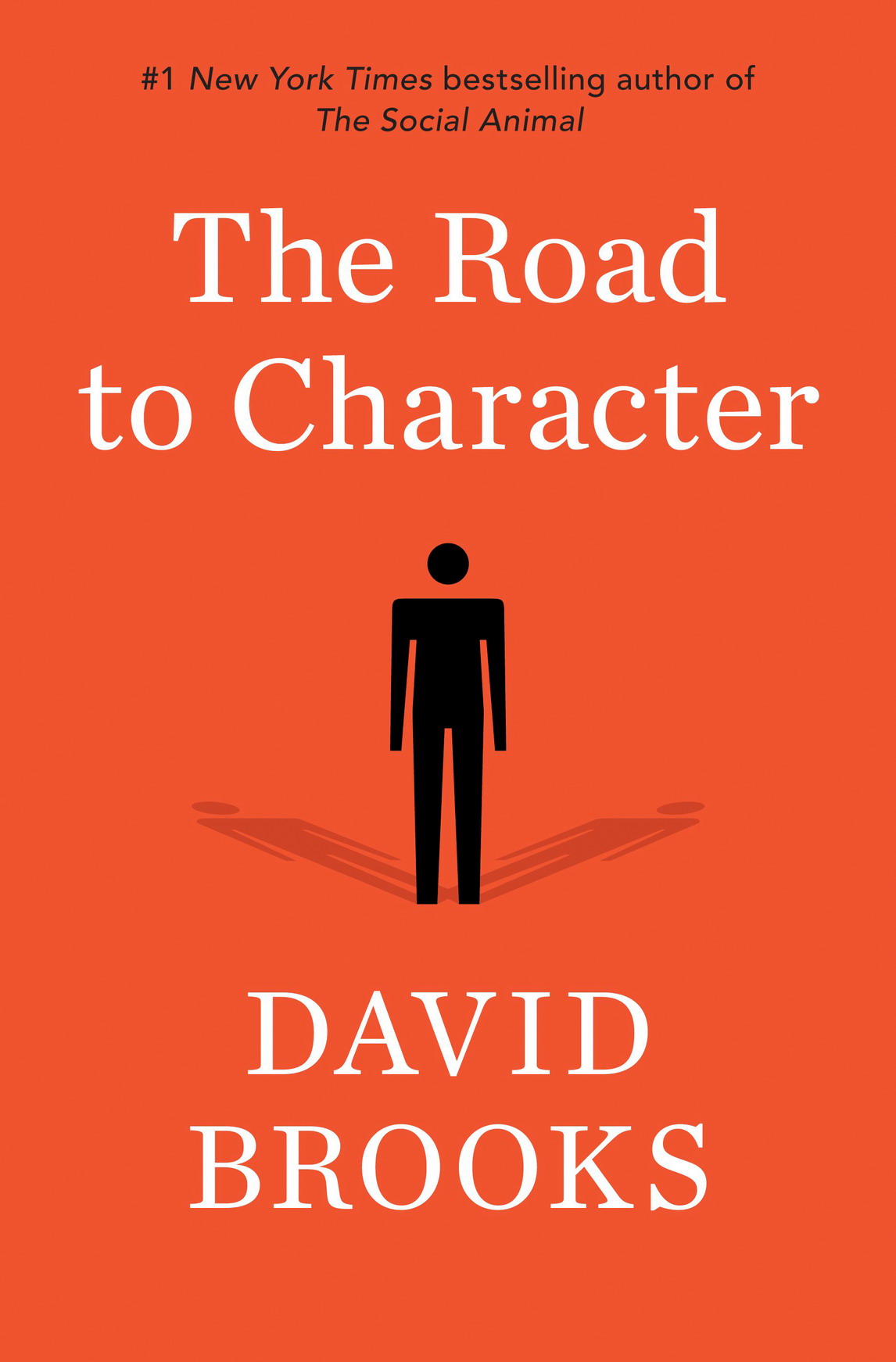
The Road to Character
کتاب های مرتبط
- اطلاعات
- نقد و بررسی
- دیدگاه کاربران
نقد و بررسی

March 9, 2015
The road to exceptional character may be unpaved and a bit rocky, yet it is still worth the struggle. This is the basic thesis of Brooks's engrossing treatise on personal morality in today's materialistic, proud world. Brooks (The Social Animal) draws on the dichotomy in human nature proposed by Rabbi Joseph Soloveitchick in his 1965 essay "The Lonely Man of Faith," which divides humanity between the external, social-based "Adam I," and internal, moral "Adam II." On this basis, he tackles sin, promiscuity, and the "central" vice of pride. He also formulates a "Humility Code" as a pathway to a secular type of holiness. Brooks puts forward exemplary figures who recognized their inner weaknesses and overcame those flaws through love of God, family, country, and vocation. They include governmental figures like Gen. George Marshall and President Dwight Eisenhower; Catholic social worker Dorothy Day; theologian St. Augustine; "humanist" writers George Eliot, Samuel Johnson, and Michel de Montaigne; and civil rights leaders A. Philip Randolph and Bayard Rustin. Brook's poignant and at times quite humorous commentary on the importance of humility and virtue makes for a vital, uplifting read.

March 1, 2015
New York Times columnist Brooks (The Social Animal: The Hidden Sources of Love, Character and Achievement, 2011, etc.) returns with another volume that walks the thin line between self-help and cultural criticism.Sandwiched between his introduction and conclusion are eight chapters that profile exemplars (Samuel Johnson and Michel de Montaigne are textual roommates) whose lives can, in Brooks' view, show us the light. Given the author's conservative bent in his column, readers may be surprised to discover that his cast includes some notable leftists, including Frances Perkins, Dorothy Day, and A. Philip Randolph. (Also included are Gens. Eisenhower and Marshall, Augustine, and George Eliot.) Throughout the book, Brooks' pattern is fairly consistent: he sketches each individual's life, highlighting struggles won and weaknesses overcome (or not), and extracts lessons for the rest of us. In general, he celebrates hard work, humility, self-effacement, and devotion to a true vocation. Early in his text, he adapts the "Adam I and Adam II" construction from the work of Rabbi Joseph Soloveitchik, Adam I being the more external, career-driven human, Adam II the one who "wants to have a serene inner character." At times, this veers near the Devil Bugs Bunny and Angel Bugs that sit on the cartoon character's shoulders at critical moments. Brooks liberally seasons the narrative with many allusions to history, philosophy, and literature. Viktor Frankl, Edgar Allan Poe, Paul Tillich, William and Henry James, Matthew Arnold, Virginia Woolf-these are but a few who pop up. Although Brooks goes after the selfie generation, he does so in a fairly nuanced way, noting that it was really the World War II Greatest Generation who started the ball rolling. He is careful to emphasize that no one-even those he profiles-is anywhere near flawless. The author's sincere sermon-at times analytical, at times hortatory-remains a hopeful one.

April 15, 2015
Contrasting the period just after WWII and the current era of social media, columnist Brooks laments how the culture has evolved from humility and self-effacement to hubris and self-aggrandizement. Noting his own natural disposition toward shallowness, Brooks advises that we can all benefit from inward-looking in search of character, not the kind that advances careers but the kind that longs for meaning in life. Brooks, author of The Social Animal (2011), offers biographies of a cross section of individuals who struggled against their own weaknesses and limitations and developed strong moral fiber. Among his subjects are social reformer Frances Perkins, George Marshall (of Marshall Plan fame), labor rights leader A. Phillip Randolph, theologian Augustine of Hippo, and essayist Samuel Johnson. They suffered self-doubts and disappointments as they were reluctantly dragged into their callings, all character-building experiences. Brooks offers a humility code that cautions against living only for happiness and that recognizes we are ultimately saved by grace.(Reprinted with permission of Booklist, copyright 2015, American Library Association.)

November 15, 2014
We tend to reward the most obvious successes--and hence the best self-promoters--but does that make for a better society? New York Times columnist Brooks, whose books include the No. 1 New York Times best seller The Social Animal, asks us to resist the "Big Me" ethos. With an 11-city tour.
Copyright 2014 Library Journal, LLC Used with permission.

























دیدگاه کاربران